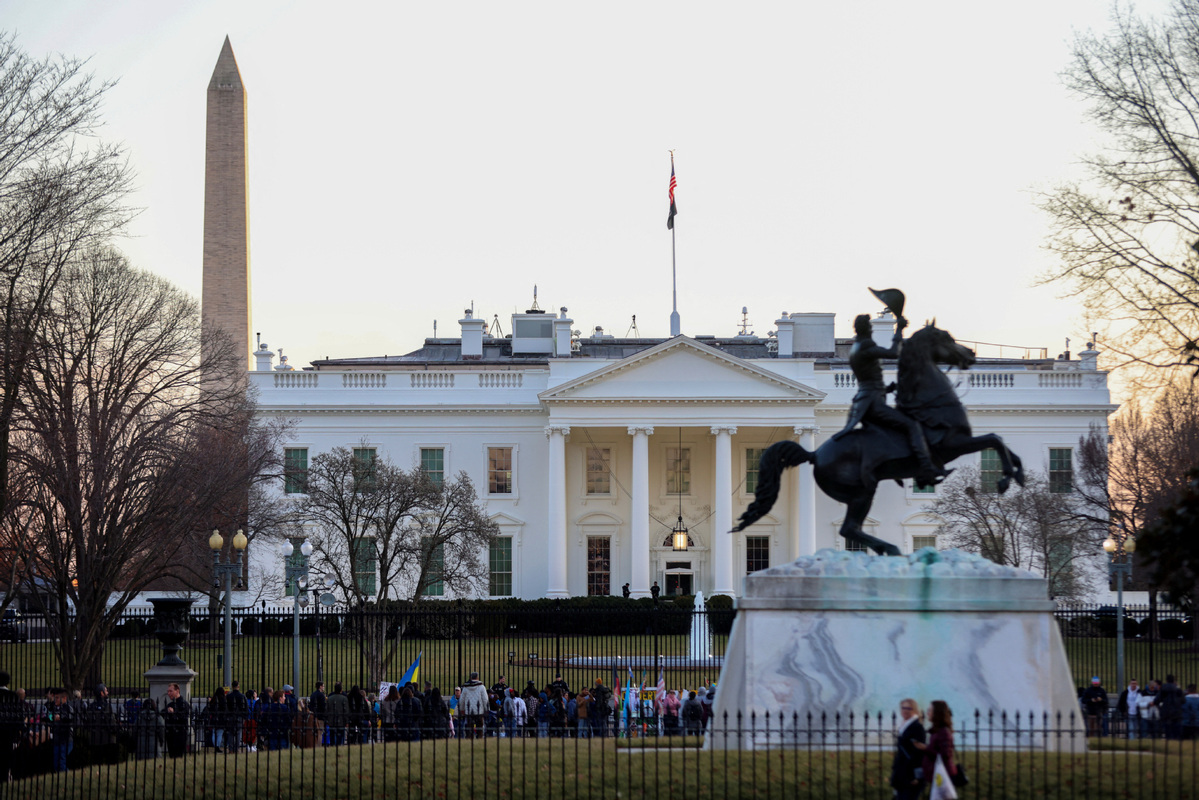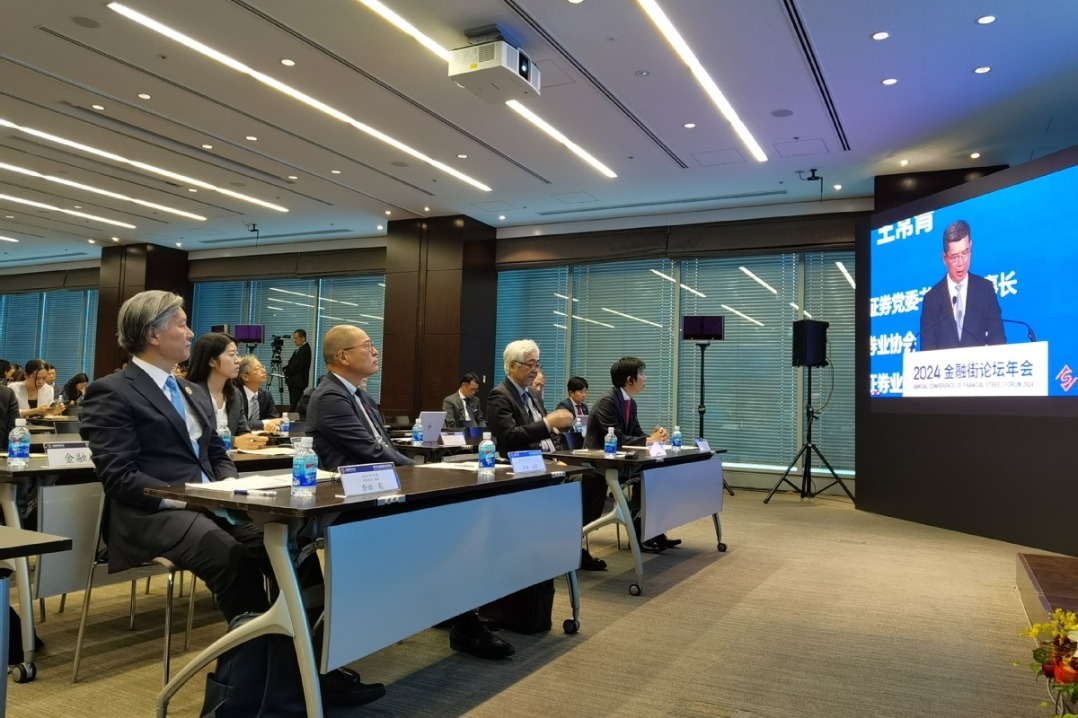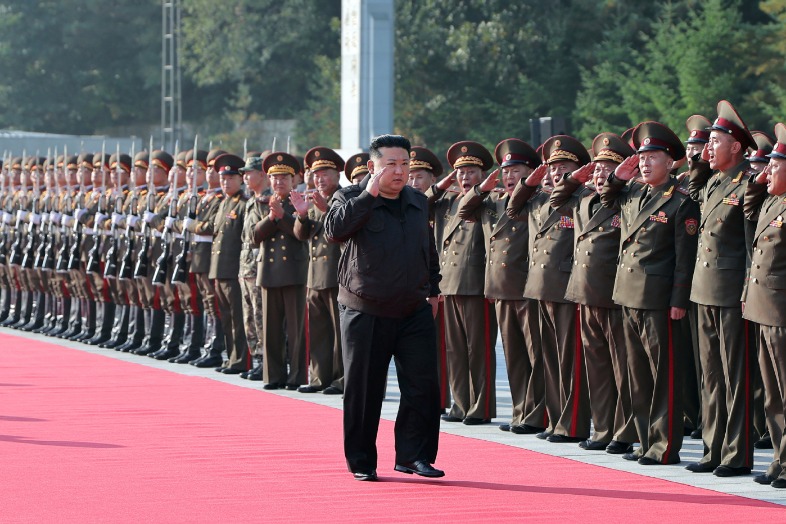US biggest 'thief crying stop thief' in hacking issue


The United States is widely known as the world's biggest hacking empire and global cyber thief. Therefore, when it accuses "Chinese state-linked hackers" of secretly accessing email accounts in around 25 organizations, including at least two US government agencies and Microsoft, it is clearly a case of a big thief crying "stop thief".
The allegation only reeks of the US' old game of tarnishing China's image. It is biased to portray some hackers as Chinese state-linked hackers. Instead of making such a unilateral statement, the US government could have asked the Chinese government for help in jointly tracking the IP to find out if the hacker was really in China or was using a kind of proxy to cover the real IP address.
Furthermore, let's make it clear that cyber intelligence is part of a country's intelligence activities. What makes a difference is the boundary, limit, and scope of intelligence activities. When the US hypes up so-called Chinese hackers accessing emails of US agencies through a cloud security weakness of Microsoft, it forgets that the US and other Western countries have the most hackers that hack into other countries.
The US should stop playing the "perfect victim" of other countries' activities card, even more so after Edward Snowden, a former US intelligence contractor, exposed in 2013 the PRISM program and a series of excess and bottomless cyber surveillance operations carried out by the US around the world.
From various perspectives, the US continuously undermines China's image in the international community. The recent drama was rather an information disclosure with malicious intent instead of an effort to secure cyber security. And it goes against containing the vicious spiral of China-US relations.
It's high time the US stopped playing thief calling "stop thief".
Shen Yi is a professor at the Department of International Politics, Fudan University. This is an excerpt of his interview with China Daily's Pan Yixuan.

































